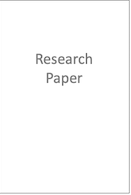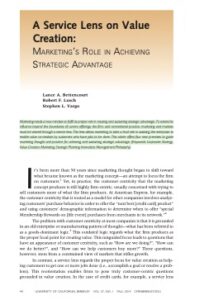Karababe, E. and Kjeldgaard, D. (2013)
“ Use value, exchange value, aesthetic value, identity value, instrumental value, economic value, social values, shareholder value, symbolic value, functional value, utilitarian value, hedonic value, perceived value, community values, emotional value, expected value, and brand value are examples of different notions of value, which are frequently used without having an explicit conceptual understanding in marketing […]
Reading time
<1 min



